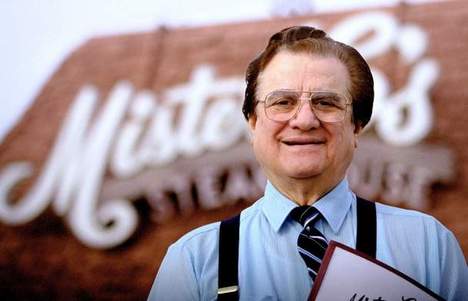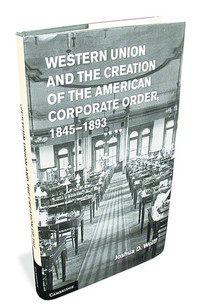(p. 97) . . . , Carnegie was concerned that he was overextended. From Dresden, in mid-November, he half jokingly apologized to his brother for placing his–and the family’s–finances in jeopardy. “Your finances are reputed far from healthy,” he had written Tom. “But how can they ever be otherwise? It was never intended. One of the firm, at least, was made to be forever head and ears in debt and to crowd full sail, despising to bury in the ground any of the talents (silver talents, I mean) which might reach his coffers, or to lie long under the suspicion of having at the bank even a moderate balance upon the right side of the ledger.” Carnegie had fantasized that “a whole year’s absence from opening up new enterprises… while the funds remained in charge of a super man, might possibly afford him, upon his return, a new sensation,” that of being solvent. But that was not going to happen.
Source:
Nasaw, David. Andrew Carnegie. New York: Penguin Press, 2006.
(Note: ellipsis in title and at start added; ellipsis in Carnegie quote near end, in original.)
(Note: the pagination of the hardback and paperback editions of Nasaw’s book are the same.)




